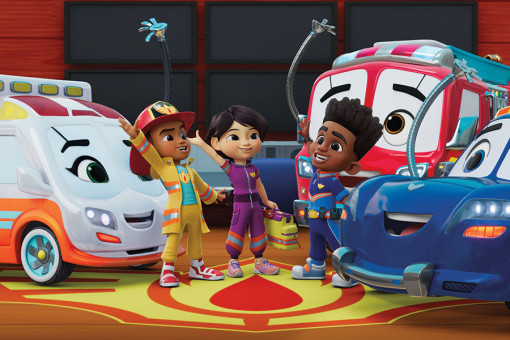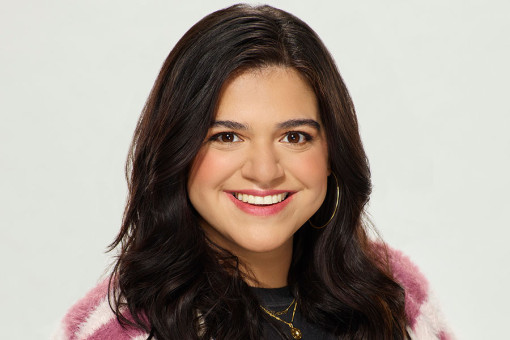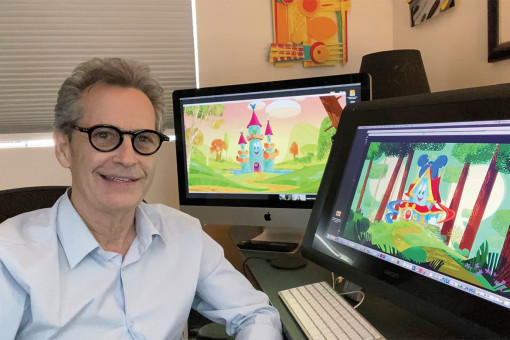In 2015, Women in Animation (WIA) set an ambitious goal: 50/50 by 2025. That is, by the year 2025, the group wants to see gender parity in the animation industry.
One of the issues the nonprofit, which was founded in 1995, has identified is that nearly 70 percent of animation school graduates are of underrepresented genders — women, nonbinary and transgender — and yet only about one-third of animation jobs are currently held by those genders. "That move from school to studio is the place where it's broken," says Margaret Dean, WIA board president.
Through its thirty-one clubs, WIA works with students to help them with the transition. "A lot of students are coming out of school and they're not ready," board member Camille Eden adds. "This is where WIA can help. There needs to be a bridge."
Dean, who is the head of Skybound Entertainment's animation studio and an Emmy winner, became president of the board in 2013. "At that time, my daughter was in her mid-twenties, and I saw this generation that just had a whole different attitude about gender and representation. I thought, 'Things are going to start happening, and now is the time for an organization like WIA.'"
Today WIA has more than 5,500 members throughout the animation industry. Among its many initiatives and programs, WIA hosts workshops and panels and has a robust mentorship program, a recruiter directory, a job board, a talent database and a scholarship program.
To reach the 50/50 goal, WIA has a two-pronged approach. "We have to really work with the studios, the industry and externally to get people to change how they hire," Dean says. "The other part is working with the women themselves and instilling the confidence [to go for what they want]."
As vice-president of recruitment, talent development and outreach at Nickelodeon, Eden works closely with recruiters. The WIA recruiter directory allows hiring professionals from every studio to connect, share what's going on in the industry and tap into the talent base. Eden says the WIA talent database of more than 6,000 people is a direct counter to anyone who says they can't find an underrepresented candidate. "That database will prove you wrong," she says.
These big initiatives result in smaller victories. When Eden spoke with emmy, she was thrilled that one of her mentees was interviewing for a job she had helped her find. The hope is that one person gets the job and then opens the door for others. "When you get in that role, you reach back and you bring somebody else with you," she says. "The goal is to pay it forward."
This article originally appeared in emmy magazine animation special, under the title, "Parity Plan."
















